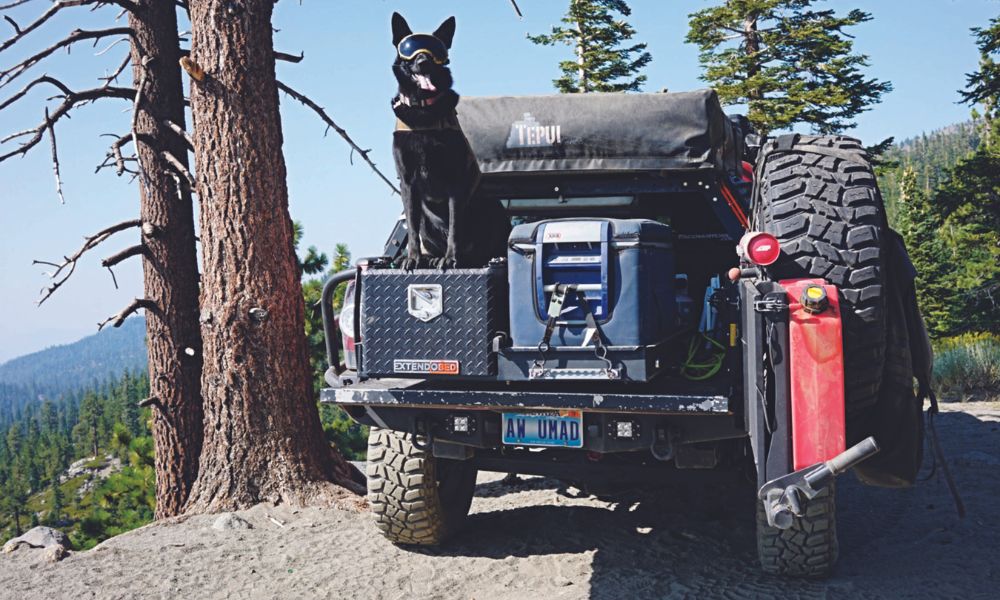
Fuel management is very important for a fleet, as it costs a lot to run a full fleet. Fuel will quickly become a major cost, and reducing fuel waste will save you a lot of money over time. As such, try using these tips to improve the fuel economy of your fleet so you can lower operating costs.
Enforce Safe Driving Habits
One of the most important things you can do to save on fuel is encourage safe driving practices. Aggressive driving is more fuel consuming than following safe practices and driving as you should. Put policies in place that promote safe driving and provide training that teaches the best driving practices.
Follow Speed Limits
While following speed limits is a part of safe driving, it also matters for your fuel economy. Speed limits help keep your vehicles in the best range for efficient fuel consumption and will keep you and everyone else safe.
Efficient Storage
Fleet vehicles need to carry a lot of equipment, which can be difficult for weight distribution and organization. A good storage system can help with that distribution and decrease the number of things you need to tie down. That’s why a lot of companies use custom truck bed storage for their fleets. A good storage system also makes it easier to inventory equipment and supplies, eliminating unnecessary trips back to the warehouse to get supplies that are already on the truck.
Maintain Your Vehicles
Proper maintenance is an important tip for improving your fleet’s fuel economy. Replacing bad parts and preventing damage improves the efficiency of your fleet vehicles and saves you money in the long run. Additionally, you improve the safety of your drivers by maintaining your fleet vehicles.
Change Your Tires
The tires on your fleet vehicles have a large impact on fuel efficiency. Specialty tires that best match the terrain you drive on help with grip and handling, saving you fuel as you drive. Also, checking your tire pressure and reaching the ideal pressure will save money while reducing fuel consumption.
Not only will these tips help with your fuel management, but they’ll also improve the safety of your workers as they navigate their jobs. Whether it’s the safer driving practices or storage organization that reduces repetitive stress injury risks, these changes will save money and protect your workers.
